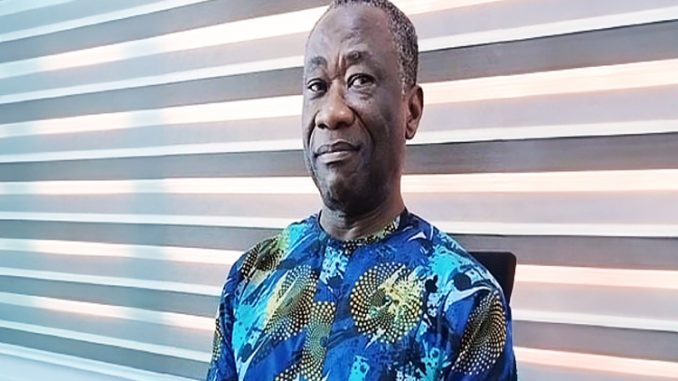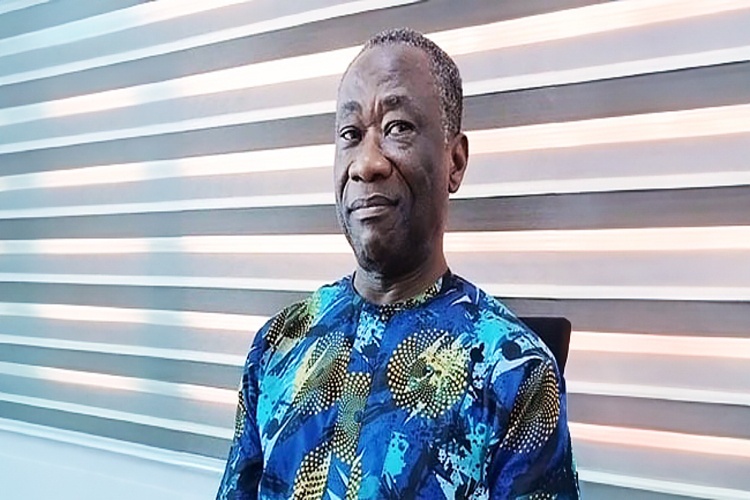

A Federal High Court (FHC), Abuja, on Wednesday, dismissed the no-case submission filed by Prof. Cyril Ndifon and his lawyer, Mr Sunny Anyanwu, against the charge by the Independent Corrupt Practices and Other Related Offences Commission (ICPC).
Justice James Omotosho, in a ruling, held that the evidence led by the prosecution constituted a prima facie case against the duo.
Justice Omotosho, therefore, ordered Ndifon, the suspended Dean of Faculty of Law, University of Calabar (UNICAL), and Anyanwu to enter their defence.
Delivering the ruling on Wednesday, Justice Omotosho formulated two issues for determination.
These include, “whether the court has requisite jurisdiction to hear and determine the suit with respect to provisions of the Corrupt Practices and Other Related Offences Act, 2000.
“And whether the prosecution has made out a prima facie case against the defendant.”
He said the issue of jurisdiction is a threshold which must be decided as soon as possible.
According to him, jurisdiction is the power by which a court of law acts; it fuels the authority of the court and where it is lacking, the labour of the court will be in vain.
The judge said that though the provision of ICPC Act relied upon by Agi showed that FHC was not mentioned as a court with jurisdiction over the Act, he said that the court was bound by the decision of the Supreme Court in the case of Aweto Vs. FRN(2018) where it cited provisions of ICPC Act, 2000 and Section 251of 1999 Constitution (as amended).
“The purport of the above decision is that the Federal High Court has requisite jurisdiction to entertain matters based on the Corrupt Practices Act 2000.
“This is premised on the powers of the Federal High Court under Section 251 of the 1999 Constitution vesting it with exclusive jurisdiction over civil and criminal matters involving federal agencies.
“The ICPC is a federal agency and likewise the 1st defendant is a public officer in a federal institution. All these factors makes this court a proper venue to try the offences,” he said.
On the issue of territorial jurisdiction, the judge disagreed with the defence counsel that the court was not the right venue for the trial since the cause of action arose in Cross River.
Citing Order 2 Rules 2 and 3 of the FHC (Civil Procedure) Rules, 2019, Justice Omotosho held that a suit could be commenced in any judicial divison of FHC.
